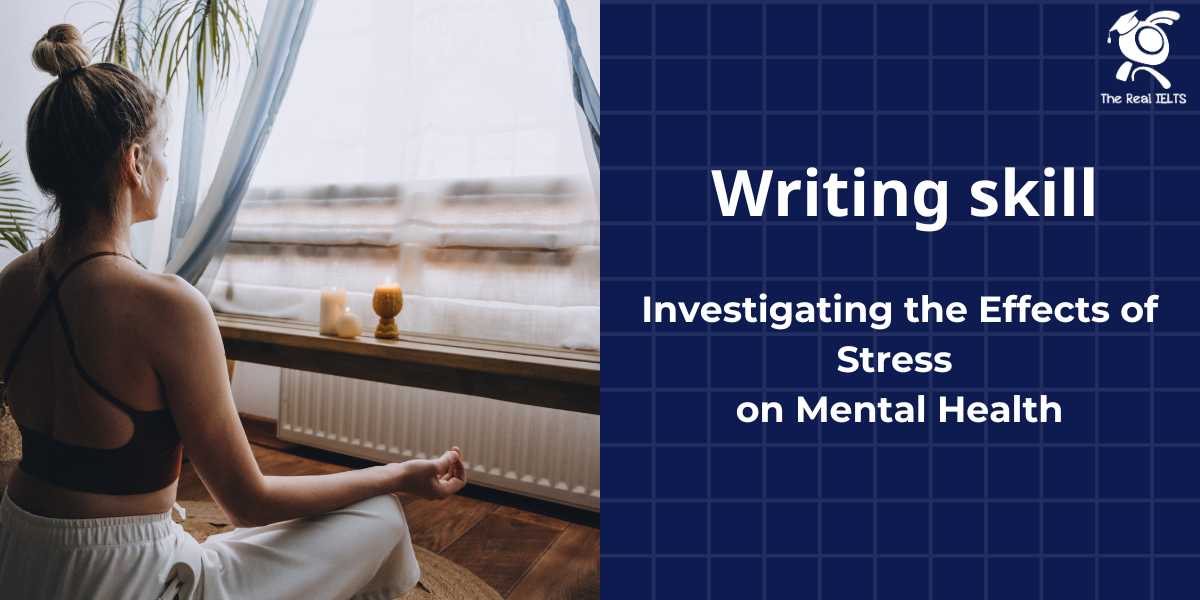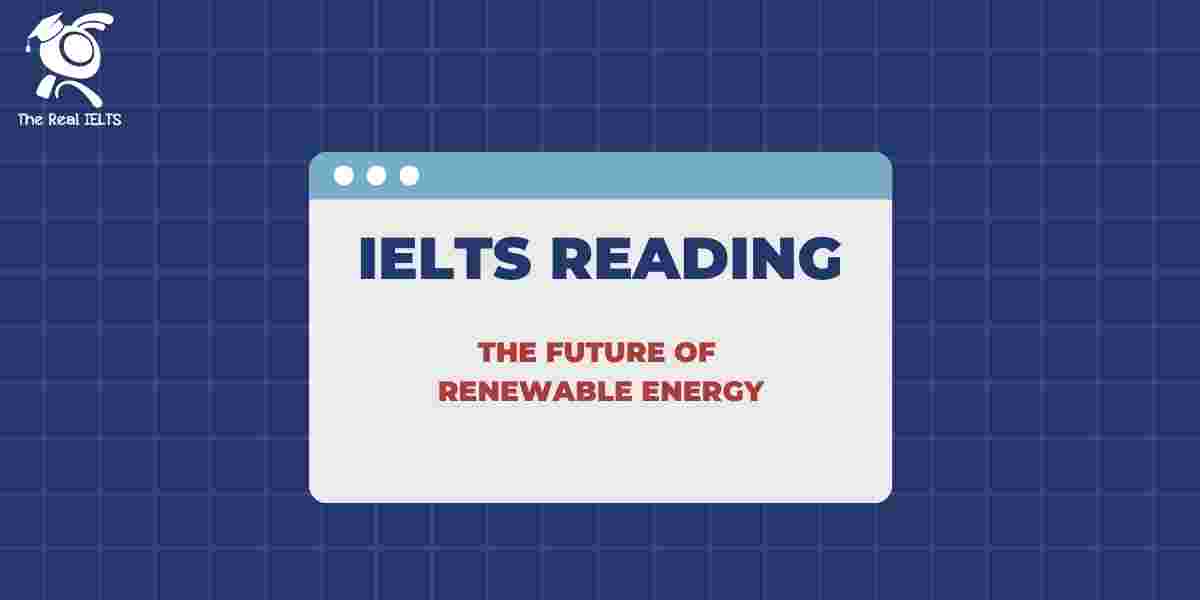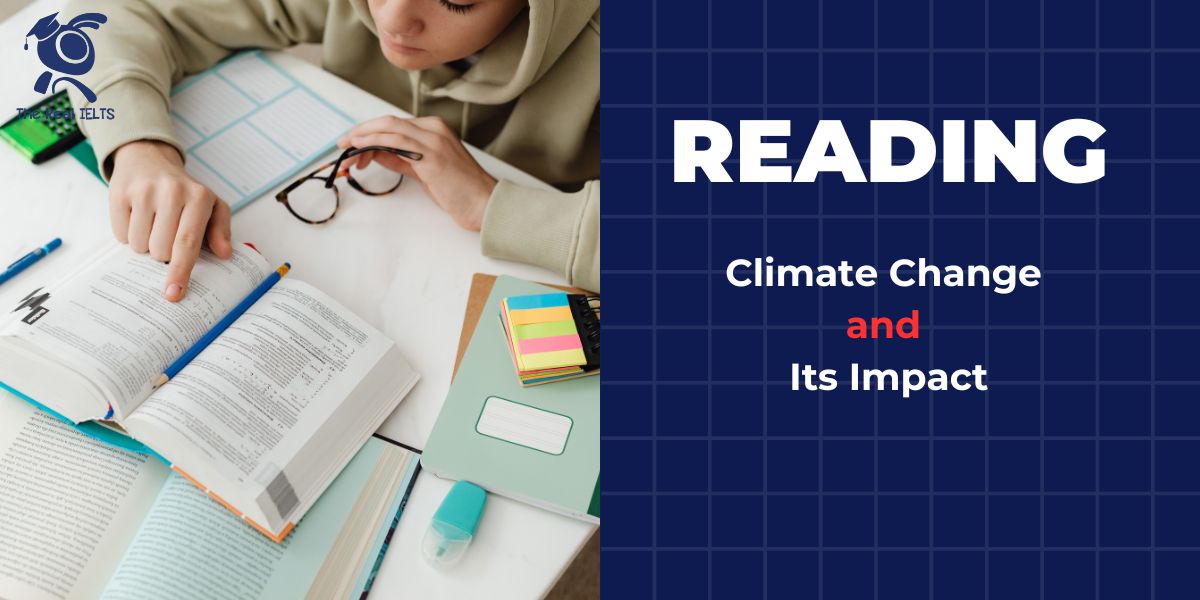Chủ đề Writing part 14 nói về sức khỏe tâm thần và đề bài là việc điều tra về ảnh hưởng của stress đối với điều này. Như mọi bước trước khi viết bài này chúng ta sẽ viết outline.
Writing Outline: Investigating the Effects of Stress on Mental Health
I. Introduction
A. Hook: Start with a compelling fact or statistic about the prevalence of stress in modern society.
B. Background Information: Briefly define stress and mental health, and explain their importance.
C. Thesis Statement: State the main aim of the essay, which is to investigate the effects of stress on mental health.
II. Understanding Stress
A. Definition of Stress: Explain what stress is, including different types (acute vs. chronic).
B. Sources of Stress: Identify common sources of stress, such as work, relationships, financial issues, and health problems.
C. Physiological Mechanism: Describe how the body responds to stress (e.g., fight-or-flight response).
III. Mental Health Overview
A. Definition of Mental Health: Define mental health and its components.
B. Importance of Mental Health: Explain why maintaining good mental health is crucial for overall well-being.
C. Common Mental Health Disorders: Briefly describe common mental health disorders, such as anxiety, depression, and PTSD.
IV. Effects of Stress on Mental Health
A. Short-term Effects: Discuss the immediate impact of stress on mental health (e.g., increased anxiety, irritability).
B. Long-term Effects: Explain the long-term consequences of chronic stress, such as development of mental health disorders.
C. Case Studies: Present case studies or research findings that illustrate the connection between stress and mental health issues.
V. Biological and Psychological Mechanisms
A. Biological Mechanisms: Describe how stress affects the brain and body, including the role of hormones like cortisol.
B. Psychological Mechanisms: Discuss cognitive and emotional aspects of how stress influences mental health, such as negative thinking patterns and emotional dysregulation.
VI. Coping Strategies and Interventions
A. Healthy Coping Mechanisms: Outline effective strategies for managing stress, such as exercise, mindfulness, and healthy lifestyle choices.
B. Therapeutic Interventions: Discuss various therapeutic approaches, including cognitive-behavioral therapy (CBT), counseling, and medication.
C. Support Systems: Highlight the importance of social support and professional help in mitigating the effects of stress.
VII. Conclusion
A. Summary of Main Points: Recap the key points discussed in the essay.
B. Implications: Reflect on the broader implications of understanding the effects of stress on mental health.
C. Call to Action: Encourage readers to take proactive steps in managing stress and promoting mental health.
VIII. References
A. Citations: List all sources used in the research following the appropriate citation style.
Triển khai bài Writing dựa trên dàn ý
I. Introduction
Stress is a ubiquitous part of modern life, with studies showing that a significant portion of the global population experiences stress regularly. Understanding stress and its effects on mental health is crucial for developing effective coping strategies and interventions. This essay aims to investigate the effects of stress on mental health, exploring its causes, consequences, and potential solutions.
II. Understanding Stress
Stress is a natural response to challenging or threatening situations. It can be categorized into acute stress, which is short-term and often situational, and chronic stress, which persists over a longer period. Common sources of stress include work-related pressures, personal relationships, financial difficulties, and health concerns. When faced with stress, the body triggers the fight-or-flight response, releasing hormones like adrenaline and cortisol to prepare for immediate action.
III. Mental Health Overview
Mental health encompasses our emotional, psychological, and social well-being. It affects how we think, feel, and act, and it plays a vital role in handling stress, relating to others, and making decisions. Good mental health is essential for overall well-being and functioning. Common mental health disorders include anxiety disorders, depression, and post-traumatic stress disorder (PTSD), each with varying symptoms and impacts on daily life.
IV. Effects of Stress on Mental Health
Stress can have significant short-term and long-term effects on mental health. In the short term, stress may increase anxiety, irritability, and feelings of overwhelm. Chronic stress, however, can lead to more severe mental health issues such as chronic anxiety, depression, and PTSD. Research shows that prolonged exposure to stress hormones can alter brain structure and function, contributing to mental health disorders. For example, a case study found that individuals with high-stress jobs were more likely to develop anxiety and depression over time.
V. Biological and Psychological Mechanisms
Biologically, stress affects the brain and body through the release of hormones like cortisol. Elevated cortisol levels can impair brain function, particularly in areas related to memory and emotion regulation, such as the hippocampus and amygdala. Psychologically, stress can lead to negative thinking patterns, reduced ability to cope with challenges, and emotional dysregulation. These cognitive and emotional changes can exacerbate mental health issues, creating a vicious cycle of stress and mental health deterioration.
VI. Coping Strategies and Interventions
Effective management of stress involves both healthy coping mechanisms and therapeutic interventions. Healthy coping strategies include regular physical exercise, mindfulness practices, and maintaining a balanced lifestyle with proper nutrition and sleep. Therapeutic interventions, such as cognitive-behavioral therapy (CBT), counseling, and medication, can help individuals address the underlying causes of stress and develop effective coping skills. Additionally, strong social support systems, including family, friends, and professional support, are crucial in mitigating the effects of stress and promoting mental well-being.
VII. Conclusion
In summary, stress significantly impacts mental health, with both short-term and long-term effects. Understanding the biological and psychological mechanisms behind this relationship is essential for developing effective interventions. By adopting healthy coping strategies, seeking therapeutic support, and building strong social networks, individuals can better manage stress and protect their mental health. It is crucial for society to recognize the importance of addressing stress and mental health proactively, encouraging individuals to take steps toward a healthier, more balanced life.
VIII. References
List of all sources used in the research following the appropriate citation style.
Từ vựng và cụm từ vựng được sử dụng trong bài viết
I. Introduction
- Stress: Căng thẳng
- Prevalence: Sự phổ biến
- Modern life: Cuộc sống hiện đại
- Understanding: Hiểu biết
- Effects: Tác động
- Mental health: Sức khỏe tâm thần
- Coping strategies: Chiến lược đối phó
- Interventions: Can thiệp
II. Understanding Stress
- Natural response: Phản ứng tự nhiên
- Challenging: Thách thức
- Threatening situations: Tình huống đe dọa
- Acute stress: Căng thẳng cấp tính
- Chronic stress: Căng thẳng mãn tính
- Sources of stress: Nguồn căng thẳng
- Work-related pressures: Áp lực liên quan đến công việc
- Personal relationships: Quan hệ cá nhân
- Financial difficulties: Khó khăn tài chính
- Health concerns: Lo lắng về sức khỏe
- Fight-or-flight response: Phản ứng chiến đấu hoặc bỏ chạy
- Hormones: Hormone
- Adrenaline: Adrenaline
- Cortisol: Cortisol
III. Mental Health Overview
- Emotional well-being: Sức khỏe cảm xúc
- Psychological well-being: Sức khỏe tâm lý
- Social well-being: Sức khỏe xã hội
- Overall well-being: Sức khỏe toàn diện
- Functioning: Hoạt động
- Common mental health disorders: Các rối loạn sức khỏe tâm thần phổ biến
- Anxiety disorders: Rối loạn lo âu
- Depression: Trầm cảm
- Post-traumatic stress disorder (PTSD): Rối loạn căng thẳng sau chấn thương
IV. Effects of Stress on Mental Health
- Short-term effects: Tác động ngắn hạn
- Long-term effects: Tác động dài hạn
- Immediate impact: Ảnh hưởng ngay lập tức
- Increased anxiety: Tăng lo âu
- Irritability: Khó chịu
- Feelings of overwhelm: Cảm giác quá tải
- Chronic anxiety: Lo âu mãn tính
- Development: Phát triển
- Mental health disorders: Rối loạn sức khỏe tâm thần
- Prolonged exposure: Tiếp xúc kéo dài
- Stress hormones: Hormone căng thẳng
- Brain structure: Cấu trúc não
- Brain function: Chức năng não
- Case study: Nghiên cứu trường hợp
V. Biological and Psychological Mechanisms
- Biologically: Về mặt sinh học
- Psychologically: Về mặt tâm lý
- Brain: Não
- Body: Cơ thể
- Impair brain function: Suy giảm chức năng não
- Memory: Trí nhớ
- Emotion regulation: Điều hòa cảm xúc
- Hippocampus: Vùng hải mã
- Amygdala: Hạch hạnh nhân
- Negative thinking patterns: Mô hình suy nghĩ tiêu cực
- Emotional dysregulation: Rối loạn cảm xúc
VI. Coping Strategies and Interventions
- Healthy coping mechanisms: Cơ chế đối phó lành mạnh
- Regular physical exercise: Tập thể dục thường xuyên
- Mindfulness practices: Thực hành chánh niệm
- Balanced lifestyle: Lối sống cân bằng
- Proper nutrition: Dinh dưỡng hợp lý
- Therapeutic interventions: Can thiệp trị liệu
- Cognitive-behavioral therapy (CBT): Liệu pháp nhận thức hành vi
- Counseling: Tư vấn
- Medication: Thuốc
- Social support systems: Hệ thống hỗ trợ xã hội
- Professional support: Hỗ trợ chuyên nghiệp
- Mental well-being: Sức khỏe tâm thần
VII. Conclusion
- Summary: Tóm tắt
- Broader implications: Ý nghĩa rộng hơn
- Proactive steps: Các bước chủ động
- Balanced life: Cuộc sống cân bằng
Cấu trúc câu và cấu trúc ngữ pháp được sử dụng trong bài viết
Cấu trúc câu
- Câu mở đầu với một mệnh đề phụ thuộc:
- “With studies showing that a significant portion of the global population experiences stress regularly, understanding stress and its effects on mental health is crucial for developing effective coping strategies and interventions.”
- Câu mục tiêu:
- “This essay aims to investigate the effects of stress on mental health, exploring its causes, consequences, and potential solutions.”
- Câu định nghĩa:
- “Stress is a natural response to challenging or threatening situations.”
- “Mental health encompasses our emotional, psychological, and social well-being.”
- Câu liệt kê:
- “Common sources of stress include work-related pressures, personal relationships, financial difficulties, and health concerns.”
- “Common mental health disorders include anxiety disorders, depression, and post-traumatic stress disorder (PTSD), each with varying symptoms and impacts on daily life.”
- Câu nguyên nhân – kết quả:
- “When faced with stress, the body triggers the fight-or-flight response, releasing hormones like adrenaline and cortisol to prepare for immediate action.”
- “Elevated cortisol levels can impair brain function, particularly in areas related to memory and emotion regulation, such as the hippocampus and amygdala.”
- Câu so sánh:
- “In the short term, stress may increase anxiety, irritability, and feelings of overwhelm. Chronic stress, however, can lead to more severe mental health issues such as chronic anxiety, depression, and PTSD.”
- Câu mô tả:
- “By adopting healthy coping strategies, seeking therapeutic support, and building strong social networks, individuals can better manage stress and protect their mental health.”
Cấu trúc ngữ pháp
- Thì hiện tại đơn:
- “Stress is a natural response to challenging or threatening situations.”
- “Mental health encompasses our emotional, psychological, and social well-being.”
- Thì hiện tại tiếp diễn:
- “This essay aims to investigate the effects of stress on mental health, exploring its causes, consequences, and potential solutions.”
- Câu bị động:
- “Stress can have significant short-term and long-term effects on mental health.”
- “Elevated cortisol levels can impair brain function.”
- Câu điều kiện loại 1:
- “If faced with stress, the body triggers the fight-or-flight response.”
- Câu điều kiện loại 2:
- “By adopting healthy coping strategies, seeking therapeutic support, and building strong social networks, individuals can better manage stress and protect their mental health.”
- Mệnh đề quan hệ:
- “Stress is a natural response to challenging or threatening situations, which can be categorized into acute stress and chronic stress.”
- “Mental health encompasses our emotional, psychological, and social well-being, which affects how we think, feel, and act.”
- Mệnh đề trạng ngữ chỉ nguyên nhân – kết quả:
- “When faced with stress, the body triggers the fight-or-flight response.”
- “Research shows that prolonged exposure to stress hormones can alter brain structure and function.”
- Câu so sánh:
- “Chronic stress, however, can lead to more severe mental health issues such as chronic anxiety, depression, and PTSD.”
Học lại bài cũ: Writing skill part 13: The Role of Education in Shaping Future Generations.















